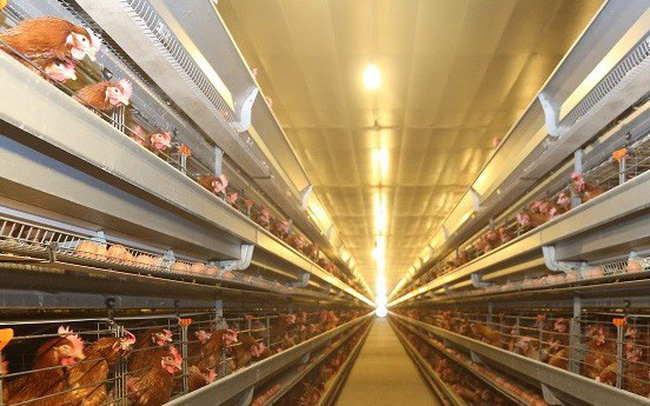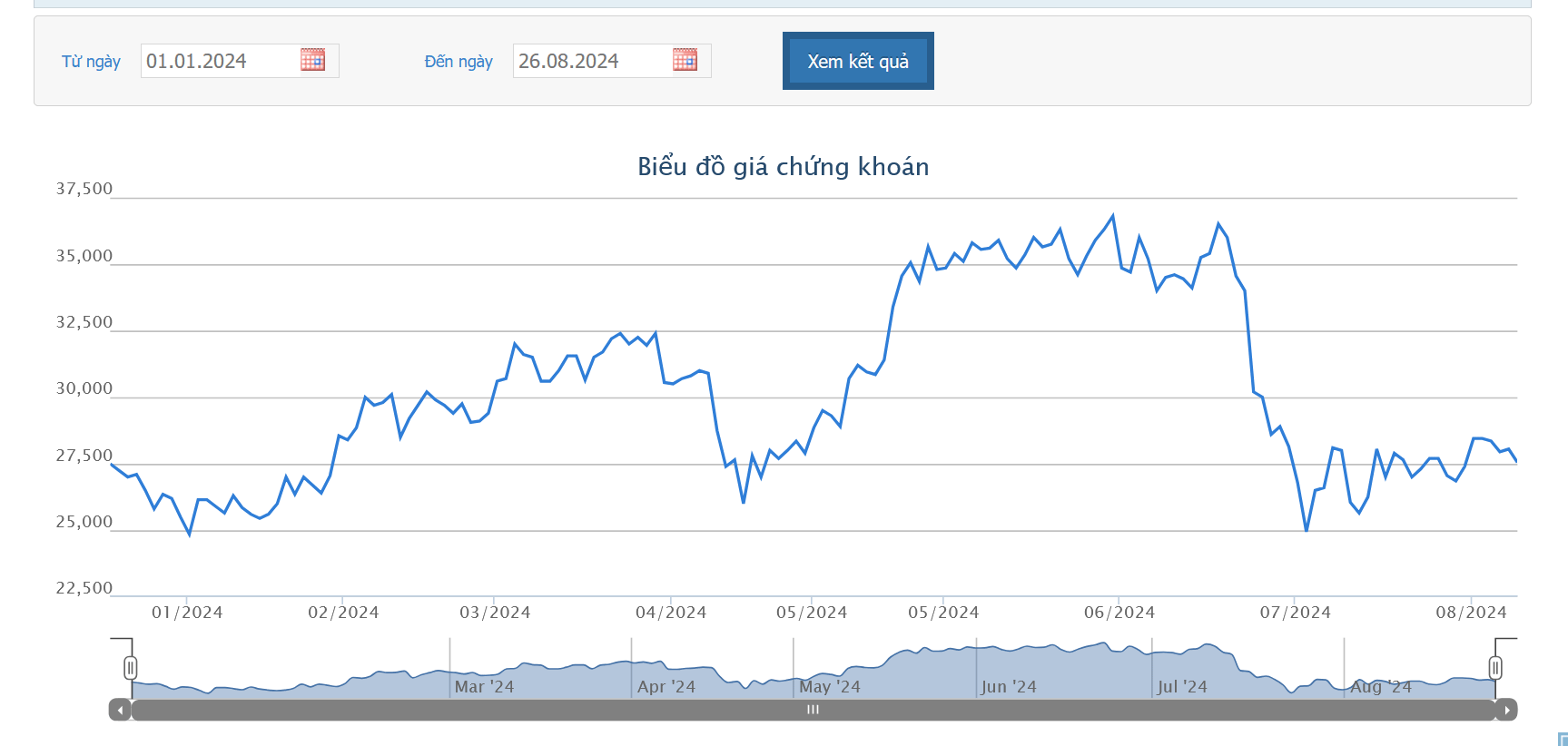DBC seeks to satisfy "capital thirst"
Due to negative cash flows in both business operations and investments, as well as the completion of numerous big projects, Dabaco Group Joint Stock Company (HoSE: DBC) is forced to raise funds for its investment and business operations.

Faced with multiple challenges and hurdles, MBS expects that DBC's revenue from operations will be VND 12,579 billion and net profit will be VND 518 billion, which is less than the company's aim. This projection is based on more cautious assumptions about the livestock sector's input costs.
Achieving 30% of the Plan
In the second quarter, DBC's net revenue was roughly VND 3.2 trillion, down 8% from the same period last year. The company's gross profit was VND 431 billion, almost 35% lower than the same period previous year. After subtracting expenditures, DBC's net profit was more over VND 145 billion, a 55% decrease year on year.
The dramatic drop in DBC's net profit in Q2 may be ascribed to the fact that in the same time last year, DBC recorded about VND 754 billion in income from its real estate business, however in Q2/2024, the firm only earned around VND 12 billion. Additionally, variations in animal feed costs, as well as disease outbreaks—particularly African swine fever—had a severe influence on DBC's production and economic activities.
DBC generated more than VND 6.4 trillion in revenue in the first six months of this year, an 11% increase, and a net profit of VND 218 billion, approximately 36 times greater than the same period last year.
In 2024, DBC has set a revenue target of VND 25,380 billion, a 14.4% increase over the previous year, with a projected net profit of VND 729.8 billion, 28.19 times more than the profit recorded in 2023. As a result, DBC has reached 30% of its 2024 net profit objective.
Two Pillars Expected
Given the continued complications of African swine fever (ASF), MBS predicts that live hog prices will average between VND 65,000 and VND 75,000 per kilogram until the first half of 2025, with prices falling in the second half of 2025 as local supply stabilizes.

Farm-based livestock enterprises like DBC will gain an advantage due to their ability to (1) control feed and living conditions, (2) manage the quality of the pig stock, and (3) mitigate the impact of African swine fever. Additionally, when favorable conditions in livestock farming and the market price of live hogs align, DBC will be well-positioned to supply more products to the market. Therefore, MBS forecasts that DBC's livestock segment revenue could increase by 33% compared to the low base in 2023, with gross profit in the livestock segment expected to rise significantly in 2024 and remain strong in 2025.
Moreover, since 2023, there have been seven rounds of price reductions in animal feed. DBC, with its 3F model (Feed, Farm, Food), is set to benefit from lower raw material costs for feed production, which will create favorable conditions for its business activities. MBS projects that DBC's animal feed segment revenue will increase by 3% year-over-year in 2024, with gross profit in this segment rising by approximately 4% to 6% in the 2024-2025 period.
Fundraising Pressure
DBC has invested in capacity growth through large-scale livestock projects like the Thanh Hóa Livestock Project, which can support over 5,600 sows and 77,400 commercial piglets. Following that comes the Phu Tho Breeding Project - Phase 3, which has a capacity of 4,800 sows and about 70,000 commercial pigs. Since the start of the year, DBC's overall project capacity has grown by almost 25%. In addition, DBC is nearing completion on a vaccine manufacturing unit capable of producing 200 million doses per year.
However, DBC's cash flow from operations and investments remains negative. As of the end of Q2, DBC reported a negative cash flow from business operations of VND 579.9 billion, compared to a negative VND 578.8 billion in the same period last year, while cash flow from investments was also negative VND 288.5 billion, owing primarily to increased borrowing to cover the operational cash flow shortfall. Notably, DBC's liabilities are roughly double its equity, providing a financial safety risk to the corporation.
DBC recently issued 80.7 million shares to existing shareholders at a price of VND 15,000 per share, at a 3:1 ratio (for every three shares held, one new share could be purchased), as well as 12 million ESOP shares at a price of VND 10,000 per share. However, DBC struggled to sell about 2.8 million of the 80.7 million available shares. Similarly, DBC failed to sell 270,000 ESOP shares. Despite the small amount of unsold shares, it underlines the problems DBC confronts in raising funds for business and investment operations.








